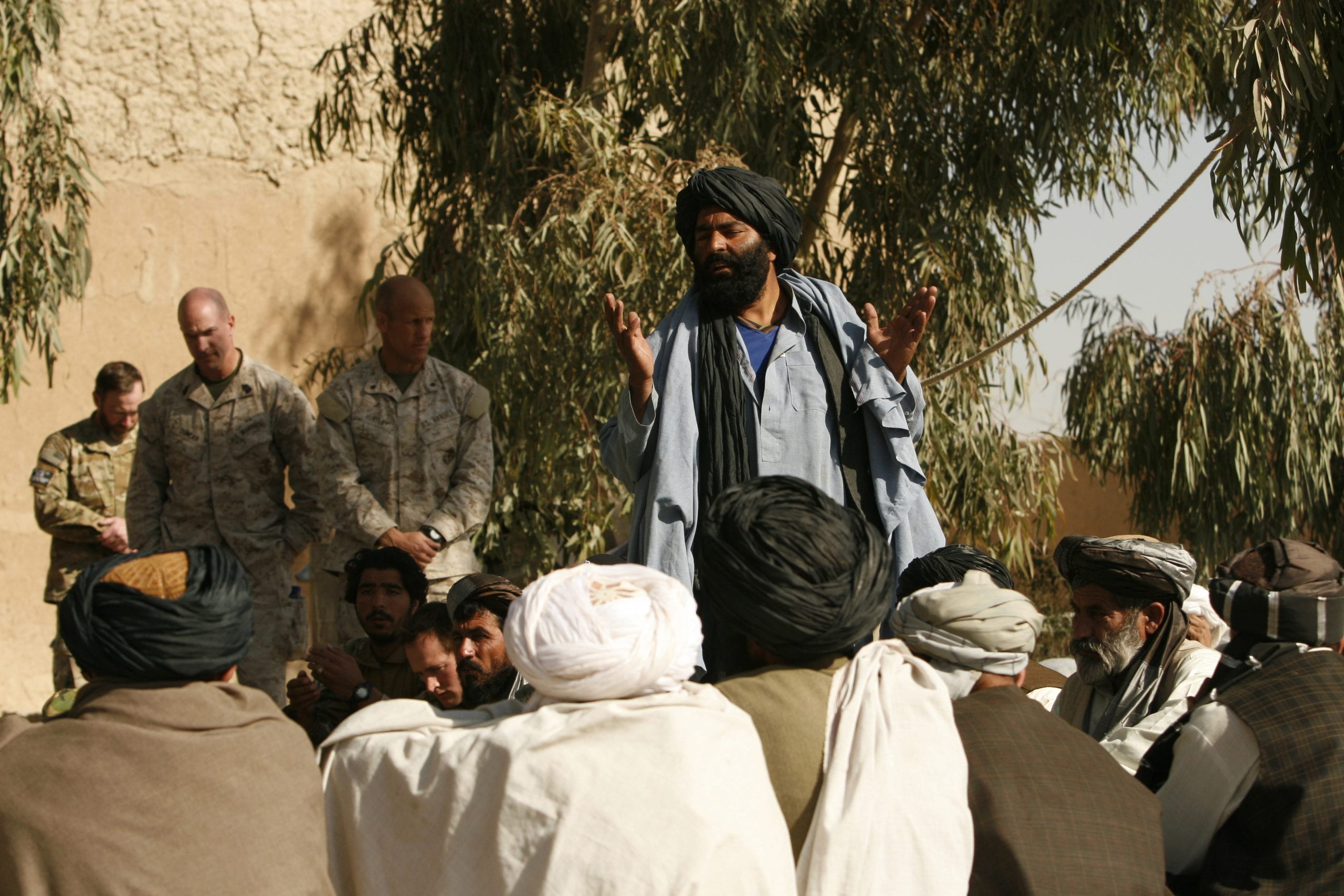
When some ask me where I’m from, and “here” does not suffice, I do not say that I am Arab; I say that I am from Jerusalem. “Arab” is sometimes a bad word or foreign enemy that comes between me and this person, whereas “Jerusalem” is something they can relate to or has not been claimed by the same narrative. They both mean the same to me, but “Arab” carries an antagonistic or uneasy connotation into new relationships- where I want others to be open to understand me as an individual first and then have that built into their perspective or definition of an Arab. Societies provide advantages to certain identities and disadvantages to others prompting me to pick and choose in my immediate surroundings and context.
Identity can be wielded as a powerful and dangerous tool. It can be used as a guide when you are lost by giving you something to grab on with a purpose or goal to strive for and increase your self-esteem, confidence, and certainty while reducing stress or anxiety. When an identity is represented in our immediate context, people use it to understand, relate and form alliances or organize (politically) to defend their interests as a group. Further, I may assume one identity in its defense declaring my right to speak about it and for it, even if I am not especially informed on the way it has formed in the international world.
Being an Arab-American in times where Arabs and Americans are so polarized here, I realize I do not fully identify with or understand either side. However, even though I’m trying to develop my own platform, as a link, I am expected to speak on behalf of the “other.” In this position, I feel like a mediator or spokesperson, responsible for debunking an Aggressive Arab nature or a hateful and ethnocentric American nature, while facing hostility, collective suspicion, and surveillance. Sometimes I am claimed and others I am rejected by each of these groups.
Every day I face realities that disconnect me from each group. An intimate one is my relationship with my white family. Before I blocked them, I would log into Facebook to find explicitly anti-Muslim or extreme Zionist articles that family members posted on my timeline. Still, my family is so loving in person, not wanting to face actual truths that weaken their own identity. They claim me as family, but then connect me to this identity that is so ignorantly represented and antagonized- the same way I imagine sectarian conflict separating MENA identities such as the Shia and Sunni Ummah.
Recently, in my class which is focusing on terrorism, someone told a story of how she became friends with her Muslim employer and that “no, they’re not all terrorists,” but just like the rest of us. Through the entire story, she looked and gestured at me, seemingly sharing consolation or seeking approval. Even though I did appreciate her good intentions, in the moment I was separated from the rest of my classmates, marked as other, and given the permission to approve her response to so many. Oddly, we demand recognition for ostracized groups in the same ways it’s been denied. Through identity politics, we demand respect for oneself as other or different.
Eventually, I realize as much as this position is a burden, it is also a great privilege. In the MENA region, most identify as “Arab” or “Muslim.” They faced similar histories and events and believe in a common text, so no one’s claim is as unique, distinct, or loud as mine is in an American backdrop. As an Arab or Muslim overseas, voices are muffled in with the rest of the people sharing your identity. Here, as many people there are that hate or fear me because of my foreign identity, others want to hear from me. I get to add to their definition of what these identities entail like what it means to be a Muslim, imposing my own narrative on the group.
I am also privileged to live in a country where its democratic policy- whether it has been fully realized or not- holds citizens from different backgrounds to bring their perspectives and issues to build from; not a country where an authoritarian figure or identity imposes their own opinion of what policy should be. Depending on the context, sometimes an identity victimizes me and sometimes it empowers me.
Growing up, my identity was not represented on SAT, ACT, or many other censuses. I usually had to check the “white” box even though I have learned to be proud of different aspects, tribulations, or stories of my heritage. I want to represent my ethnicity in the American success story.
The argument for the inclusion of more races or the option to select multiple races represents what power minorities have to demand better recognition from the government. MENA region forms a greater narrative about the act of reporting identity. Groups were put under the rule of another identity and their own was denied which led to cultural suppression and persecution. Eventually, these groups that have been historically ignored or harmed demand the right to be protected.
Taking on a group identity gives us a sense of belonging and affirmation from other members. We may feel that we are part of something bigger, not insignificant, alone, or unheard. Committing or dedicating yourself to other members’ rights and responsibilities they expect from you grants purpose or direction. Your problems are group problems and your voice is supported and amplified to fight the threat together. You can split responsibilities or blame and there is more guidance and reinforcement to relieve you. However, to switch from an individual focus to a group focus, you may have to take on and accept values or beliefs you do not particularly agree with, adopting self-stereotypes or assimilating to the dominant, and sometimes blinded, discourse.
People of the MENA region faced a long history of sectarian violence that disabled unity which could effectively challenge or transform governments. Instead, it broke them apart, silencing their voice and in some cases making them dependent on foreign voices or aid. When the united Ottoman Empire was dissolved, colonizers split the area and its people while autonomous religious and cultural groups were also divided to reduce their power or say, in governance. Pause to imagine if it was possible to make America and an Arab middle-eastern state one state. Justified by the need for organization or governance of these diverse and divided citizens, ruling powers, even foreign, muted civil activity and imposed their way of life or opinions of policy on others. So divided, lacking an integrative identity, leaders and powerful figures or politicians may grab or monopolize resources and rights for their smaller groups crating a zero-sum competition. Sectarian polity in these areas was inflamed and harsher scrutiny or repression excluded many even in the case of a revolution. Personal and factional needs overwhelmed the sense of a common identity and instead of standing together, people joined opposing organizations to represent them. When an identity splinters, others need to be reinforced. Because, on your own, you are more easily erased.
Identity politics can urge mobilization around one identity or one aspect of your makeup, and you are pressured to take that as your defining feature even though you cannot be represented so reductively. To become a more impenetrable united force, the individual is integrated by assimilating dominant norms. Sometimes your identity’s label separates you more than your issue position. We may have the same values as someone but will never know because we are unwilling to socialize with outsiders and challenge this group or ideology that we have devoted ourselves to. When identities meet politics that have greater or long-term consequences, these divisions weaken our ability to form policies based on expected outcomes or truth-seeking. It’s more triggered by the “us” vs “them” battle.

Politics exploit these feelings to rally funding, resources, or a larger audience to win different supports. Then others grab onto these resource-rich identities. For example, anyone under the claim of a religious organization may win the support of foreign clergies who supply them with food or protections. Then, the leaders of these organizations win the support of desperate or oppressed populations.
In MENA, a religious identity also provides guidance for apolitical peoples searching for an ideology within which to frame their suffering or experience. It promotes faith and offers solace for ones suffering or oppressed with a promise of a bigger purpose. Religious groups mourn a supposedly more ethical past and presume religious instructions to return to this society. People’s fears, resentments, faith, and suffering can be exploited by power under religious identities. This becomes even more dangerous if people cling to these collective truths so desperately.
We are faced with very complex decisions and circumstances. It would be too hard to weigh all the options and make decisions without these prior ideas or instructions on what we should do. However, you can get too tied up in your responsibilities or devotion to these identities. While identities can connect us and give our insecurities a stronger voice or support, they can also polarize groups or exploited by power-hungry mobilizers. These labels may effectively imprison you or constrain what you in what you allow yourself to explore or believe. Something intended for inclusion may trap you in estranging conflict.



